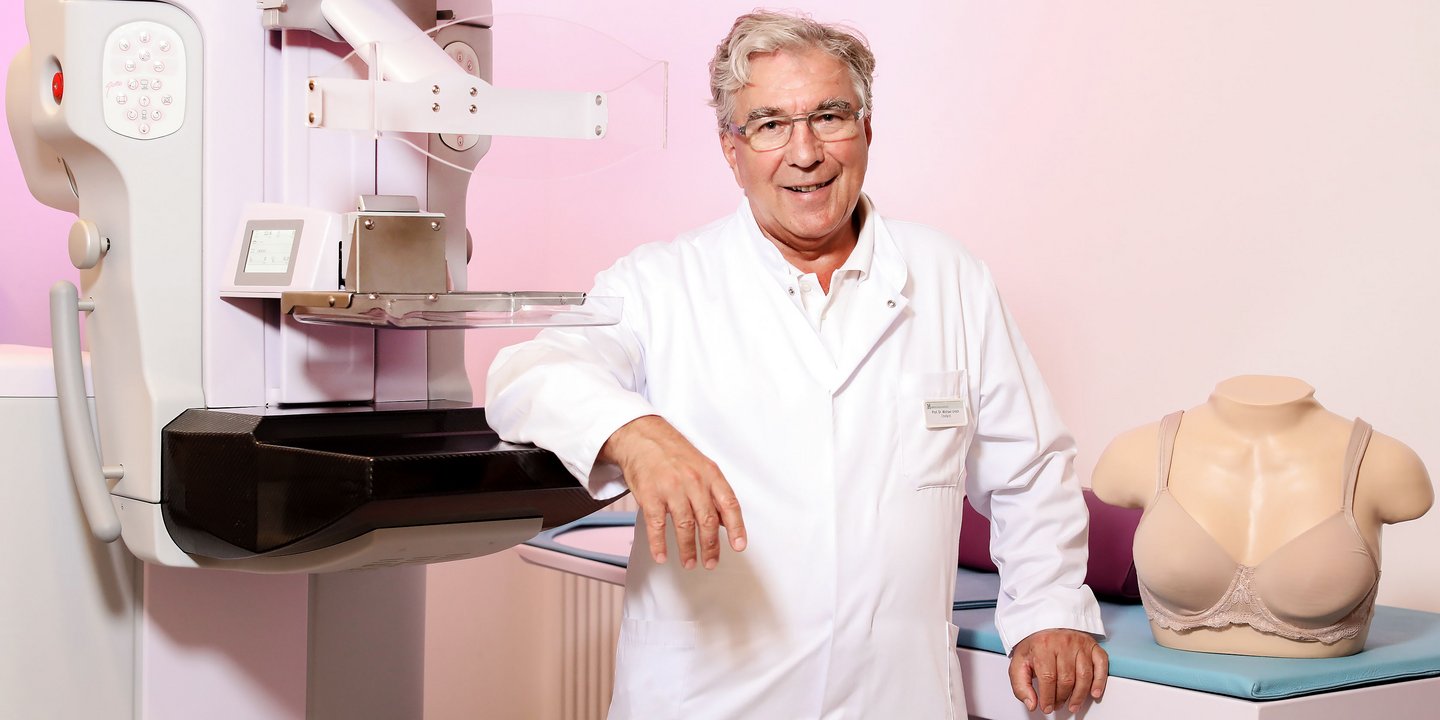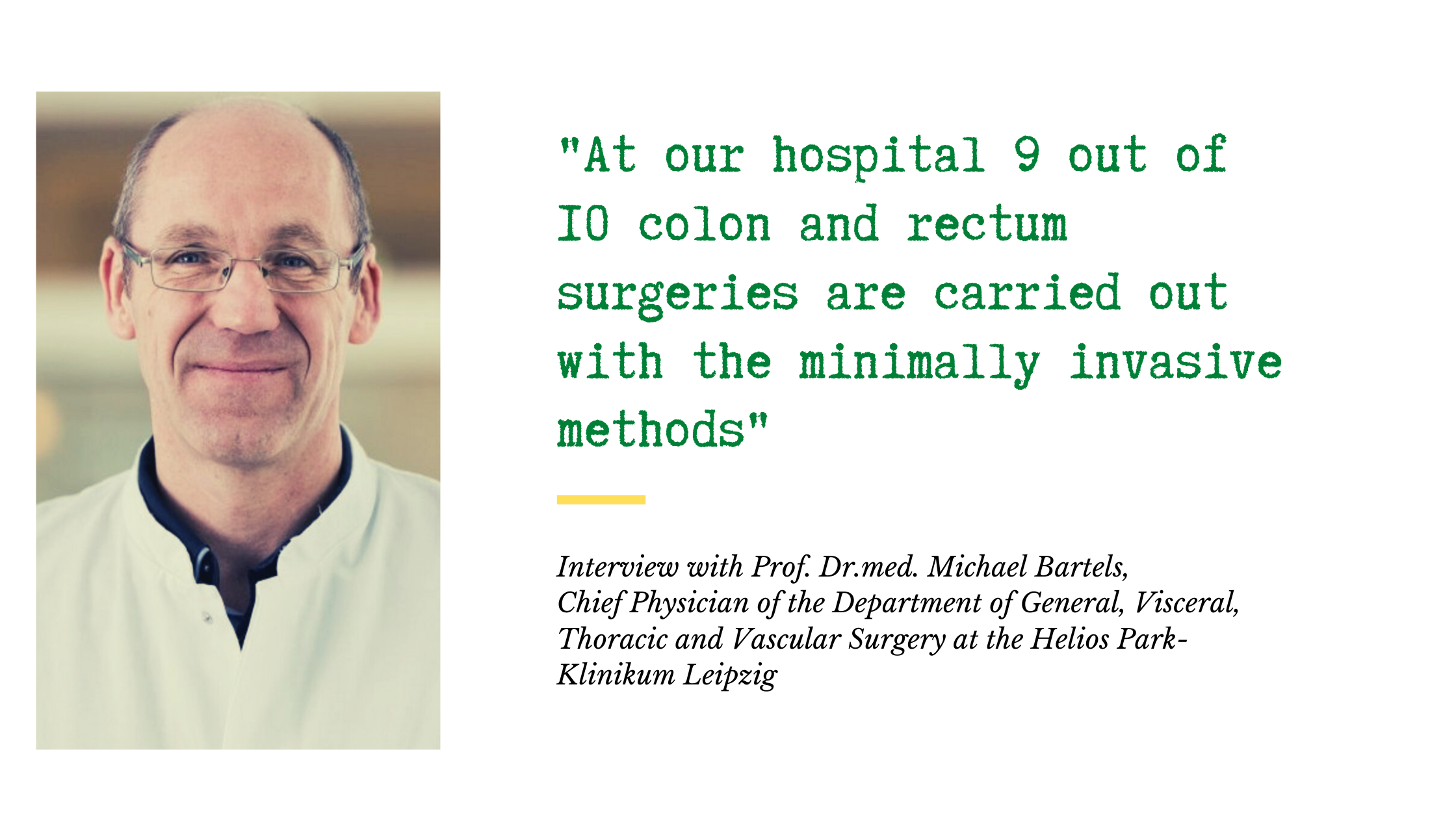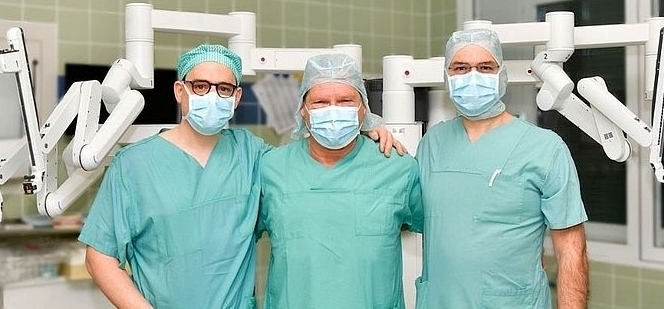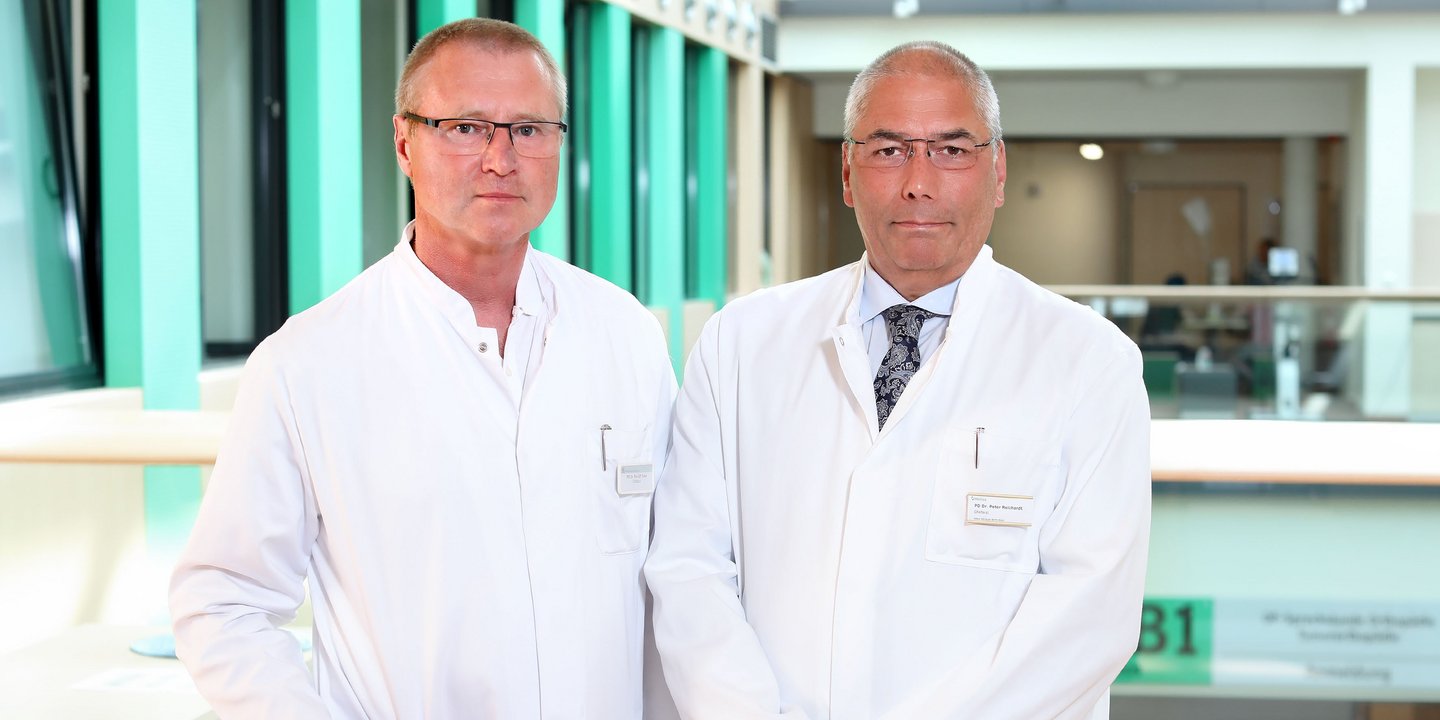
Proper cancer screening
Cancer remains one of the most common causes of death. Many types of cancer are successfully treated today – provided they are diagnosed early. Therefore, preventive cancer screening is necessary to increase the chances of survival. The most important check-up time.
Cancer is insidious: it develops quietly, patients often do not experience any symptoms for a long time and notice that something is happening in their body only at a late stage. However, in malignant neoplasms, the timing of diagnosis is critical, because if cancer is diagnosed at an early stage, the chances of recovery are often very high. “Benign precursors of cancer or small, limited tissue changes are easier to treat than large tumors that may have already spread to other organs,” explains Professor Fuat Oduncu, Chief Physician of the Hematology and Oncology Clinic at Helios Hospital München West.
"You shouldn't be afraid of cancer screening! Tests are painless and are the most important way to diagnose cancer early."
Prof. Dr. Fuat Oduncu, Chief Physician of the Clinic for Hematology, Oncology and Palliative Medicine | Helios Hospital München West
Skin cancer: for people over 35 years of age, once every two years
Every adult over 35 should be screened for skin cancer – namely every two years. As part of a cancer screening, a specialist doctor examines the skin of the entire body for abnormalities. Screening serves, inter alia, to detect three types of skin cancer at an early stage:
• malignant melanoma (black skin cancer),
• basal cell carcinoma, and
• squamous cell carcinoma (both being white skin cancers).
Skin cancer is the most common cancer in the world. If the disease is diagnosed early, it usually responds very well to treatment.
Breast cancer: for people over 30 years of age, annually
Breast cancer is the most common cancer in women. Women over 30 should undergo cancer screening annually.
Gynecologists palpate the mammary glands and associated lymph nodes. They also explain how to perform breast self-exam. Women between the ages of 50 and 70 should also have a mammogram every two years. Both mammary glands undergo X-ray examination, which allows detecting tissue changes at an early stage.
Brief overview of breast cancer
In medical terminology, breast cancer is referred to as "breast carcinoma" (Mammakarzinom) (from Latin "mamma" – breast). Depending on the origin and spread of the disease, different forms of breast cancer are distinguished.
Cervical cancer: for people over 20 years of age, annually
Women over the age of 20 should have a gynecological examination for cervical cancer every year. In addition to a gynecological examination, a smear is taken from the cervix, the so-called Pap smear. The collected cells are tested for cervical cancer and its precursors.
Women over 35 must additionally undergo a test for human papillomavirus (HPV) every three years. These viruses are the main cause of cervical cancer. This study is combined with a Pap test if no additional examination is required.
Bowel cancer: for people over 50 years of age
Men over 50 and women over 55 have a choice: colonoscopy or fecal occult blood test. At the age of 50 to 54, a fecal test should be taken annually based on a referral from a GP, urologist, or gynecologist. The sample will be examined for the presence of occult blood. Blood in your stool may suggest colon or rectal cancer.
People over 55 must have a stool test every two years if they have not done a colonoscopy yet. This so-called colonoscopy is more reliable than stool test. Men are recommended to undergo this examination for the first time at the age of 50, and for women at the age of 55. The large intestine is examined using a flexible endoscope with a camera. The colonoscopy procedure is painless, its advantage is the possibility to take tissue samples and immediately remove precancerous lesions.
If no pathological changes are detected during the examination, then the next check-up is recommended in 10 years.
Brief overview of bowel cancer
In Germany, bowel cancer (colorectal cancer) is the second most common cancer in women after breast cancer and the third most common cancer in men after prostate and lung cancer.
Prostate cancer: for people over 45 years of age annually
Prostate cancer is the most common cancer in men, but only about 15 percent of men are screened for cancer. People over 45 years of age should undergo an examination once a year. The urologist palpates the external genitalia, the prostate gland, and the corresponding lymph nodes. A rectal examination takes less than a minute and is completely painless. Symptoms of prostate cancer usually appear late, which is why early detection of the disease is very important.













